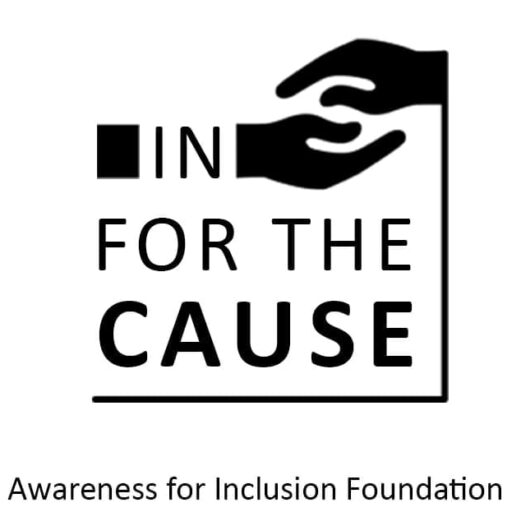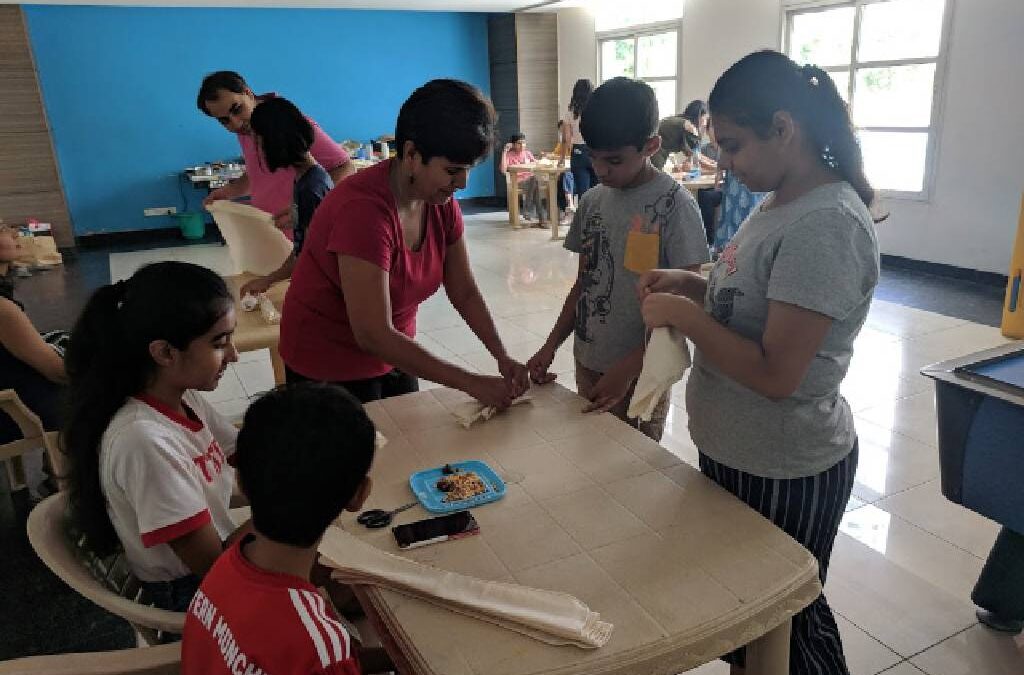Having a sibling with special needs is just like having a nuerotypical sibling with multiple ups and downs. There are umpteen advantages of having a sibling with special needs that include being more empathetic, responsible, adaptable, patient, compassionate and resilient. However, there are numerous challenges and burdens that these siblings face that are not discussed very often. Aren’t these siblings a missing link in the entire disability discourse?
We tried looking for material and readings on this subject and we discovered that there was actually not too much to go on. We then began our group discussions with siblings of individuals with special needs. These informal group discussions were quite insightful. While every family and sibling is different, there are some common threads that we found. Here are the highlights:
1) They have to compromise too often: There was this common feeling that they are made to compromise too often. Their feelings often get sidelined ‘unwittingly’ because there are always more urgent things to attend to when it comes to a sibling with special needs. “I had to miss many birthday parties because my mother had to tend to my brother, says Rhea.
2) They feel overburdened from an early age: From early on these typically developing childrenhave to shoulder responsibilities. There was this feeling of being overburdened with too many responsibilities way earlier than usual. These included: attending to the sibling’s personal care needs, feeding them, and managing them in social gatherings, “I had to look after my elder brother when my friends were having fun,” shares Anuradha.
3) Not getting enough emotional support: Siblings with special needs invariably get more attention from the parents. There are medical issues, learning difficulties and sometimes life threatening situations that parents have to attend to. These neurotypical children felt that their emotions seemed small or trivial in comparison. “I feel that my parents are busy concentrating on my brother all the time. He gets all the care and attention,” says Kanav.
4) They always have to be the mature one: All siblings have fights and there are differences but these children felt that they were more often than not blamed for their fights. They are the ones who are expected to be in ‘control’. This left them feeling misunderstood at times. “My mother invariably always sides my brother. Why do I always have to be the mature one?” says Rahul.
5) Dealing with behavioural issues: Sometimes children with special needs have behavioural issues. Neurotypical siblings are not equipped to deal with these issues. “My brother gets aggressive, repetitive, and impatient. I don’t know how to deal with these issues. It affects me a great deal,” shares Sanya. “My brother really bugs my friends, he is really repetitive,” adds Rohan.
6) Missing the typical sibling support: We all depend on oursiblings for emotional support and love. But having a sibling with special needs might remove these typically developing siblings from that experience. “I do sometimes miss having an elder brother who could guide me through things and be the mature one between us. I wish I could share stuff with him, ”says Sonya.
7) Feeling Judged: There are times when these children feel judged by their friends and the society at large. Some children also felt self conscious about their sibling with special needs. “Not everyone is understanding. There are people who judge you and make you feel uncomfortable. I mostly hang out with friends who understand this,” shares Anuradha.
It takes a village to raise a child, neurotypical or not. These siblings certainly have to go the extra mile. We must acknowledge their struggles. This is just an attempt to help neurotypical siblings feel less alone and better understood. They are truly special! More love, power and strength to the families!
“Sometimes, real superheroes live in the hearts of small children fighting big battles”: Source- Pintrest.com
Penned by- Minakshi Dewan
Minakshi Dewan holds a doctoral degree from the Centre for Social Medicine and Community Health, Jawaharlal Nehru University, New Delhi. She has worked with various NGOs after completing her master’s degree from Tata Institute of Social Sciences, Mumbai. She has authored a picture book for children. She is also an expert blogger with Momspresso.

